News
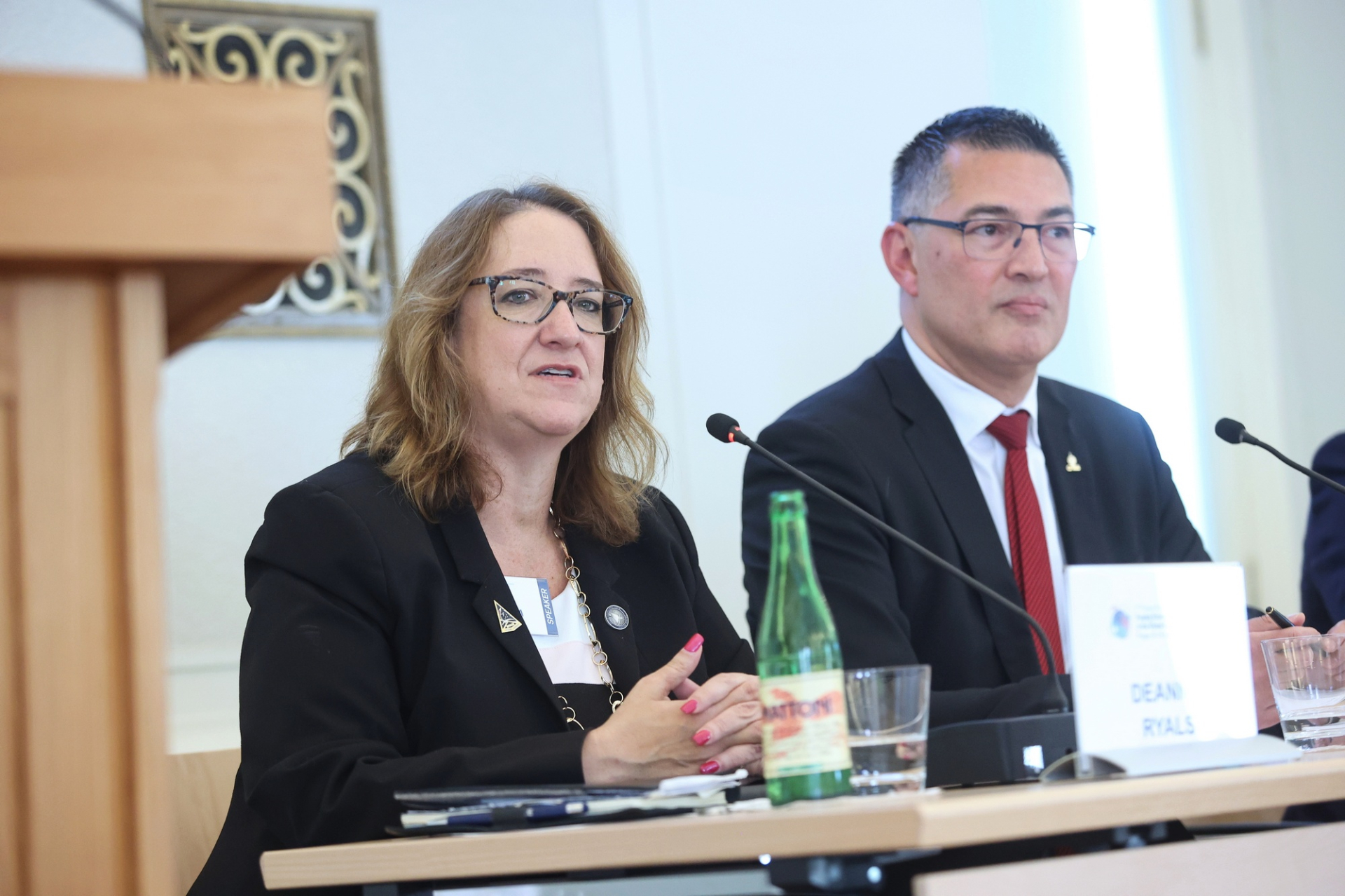
PSSI is proud to present Space Café Radio - PSSI Space Security Mini-Series, a radio series dedicated to exploring allied preparedness in navigating the rapidly evolving space domain.
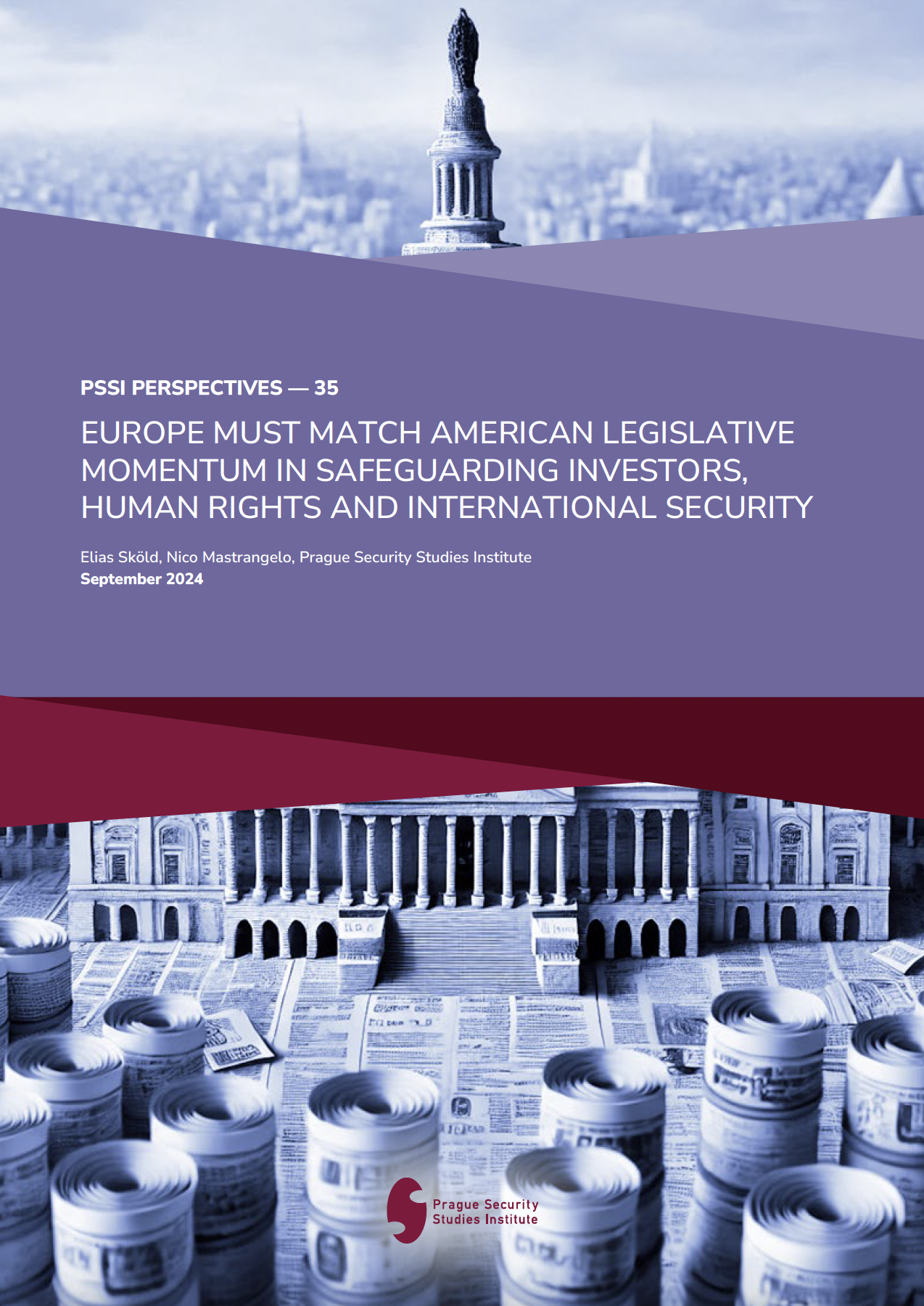
Economic & Financial Statecraft Program //PSSI/27 Sep 2024
PSSI Perspective #35: Europe Must Match American Legislative Momentum in Safeguarding Investors, Human Rights and International Security
Following a flurry of proposed legislation in the U.S. Congress addressing the risks associated with investments linked to authoritarian states, PSSI’s latest Perspective urges Europe to emulate or match these measures. The report emphasizes the geopolitical importance of managing capital flows to avoid inadvertently supporting undemocratic regimes and associated corporate bad actors, through highlighting ten such legislative proposals in particular.
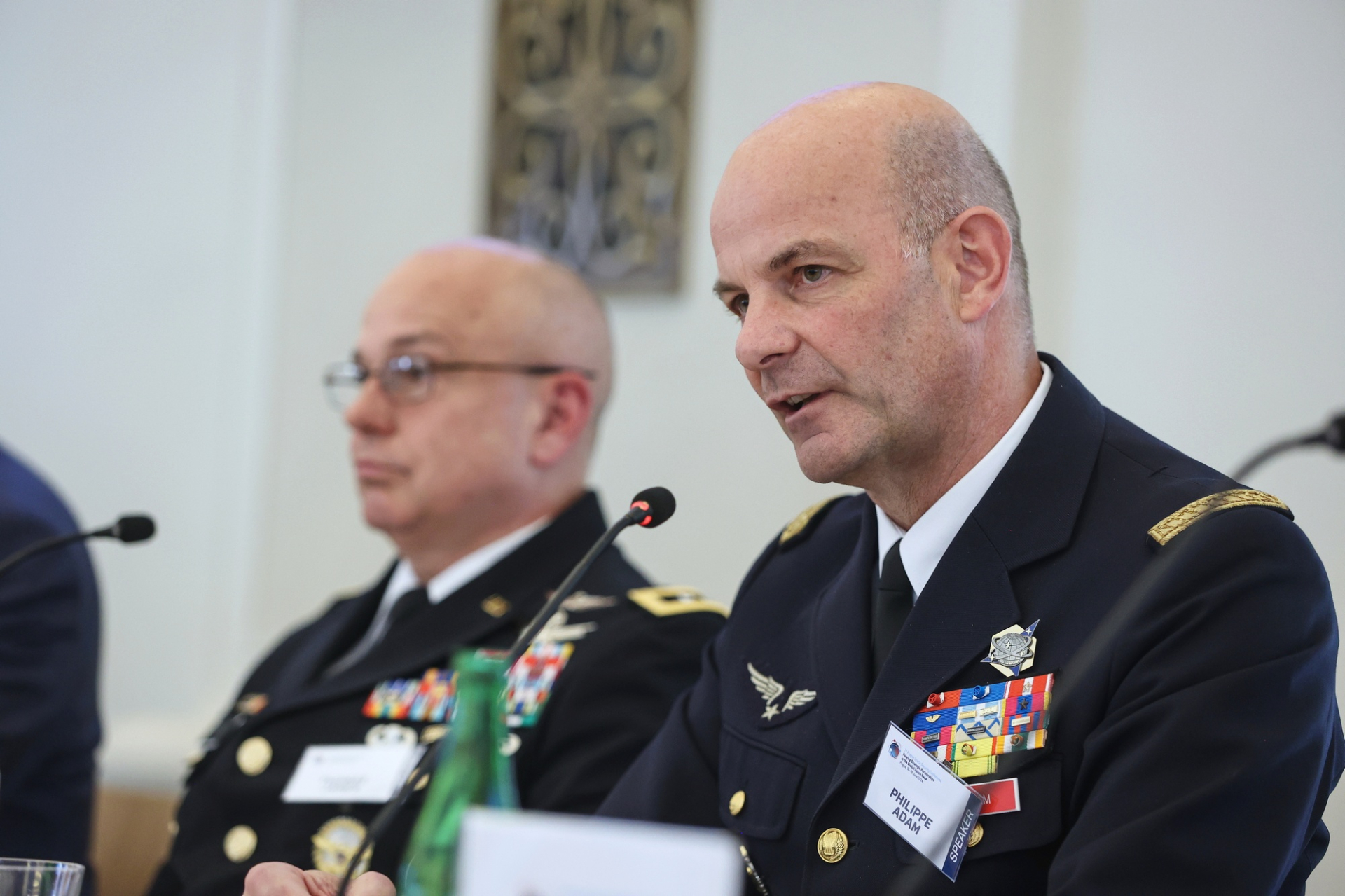
PSSI is proud to present Space Café Radio - PSSI Space Security Mini-Series, a radio series dedicated to exploring allied preparedness in navigating the rapidly evolving space domain.
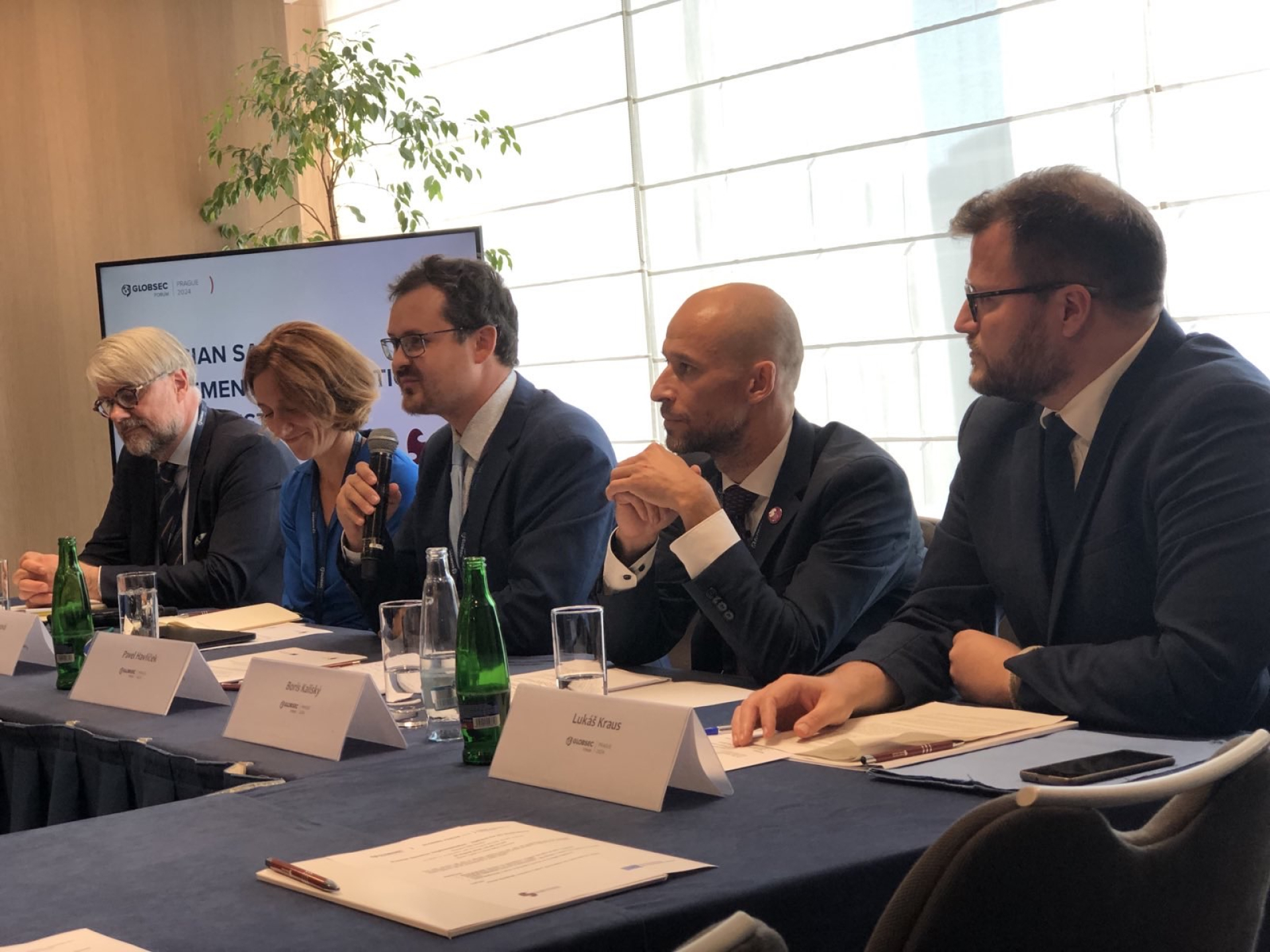
Economic & Financial Statecraft Program //PSSI/30 Aug 2024
Russian Sanctions Implementation - Options for EU Institutions Roundtable/GLOBSEC Forum
PSSI, in cooperation with AMO and Lobbio, held a roundtable at the Globsec Forum focused on proposals to improve sanctions implementation at the level of EU institutions and by the current Czech government. The event was held in cooperation with Globsec and with the support of CRDF.

Economic & Financial Statecraft Program //PSSI/21 Aug 2024
PSSI Chairman Roger W. Robinson Featured in Fox Business Docuseries “Underwriting the Enemy”
PSSI Chairman Roger W. Robinson Jr. was featured in Underwriting the Enemy, a investigative series on Fox Business hosted by Maria Bartiromo.
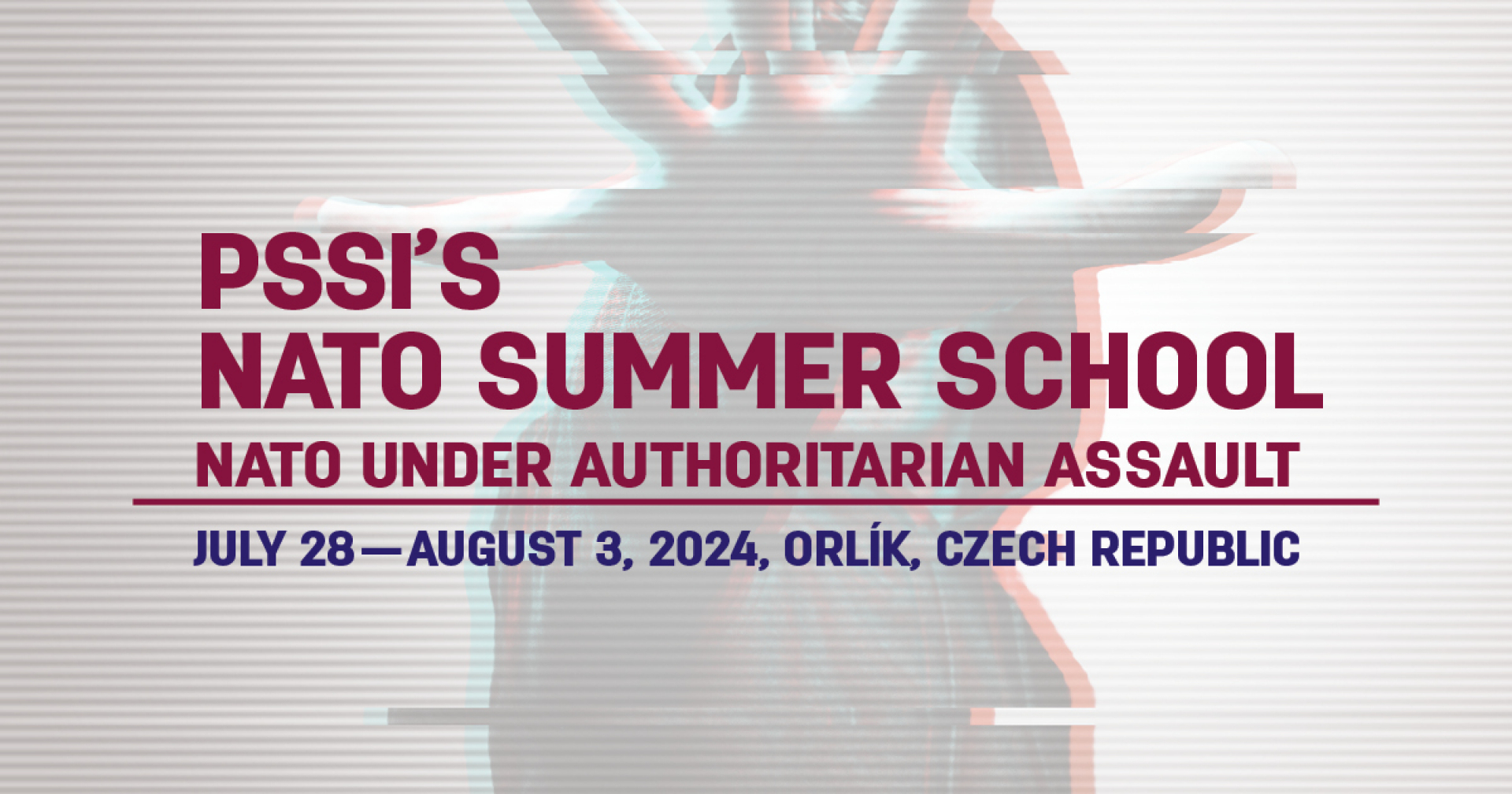
Security Scholars Program //PSSI/1 Aug 2024
NATO Summer School 2024
The NATO Summer School, now in its 19th year, offered a prestigious one-week intensive course designed for graduate students and young professionals keen on advancing their understanding of contemporary security challenges and policy solutions. The event was held at Hotel Orlík, situated 80 kilometers from Prague, Czech Republic, and featured a series of fifteen lectures delivered by both Czech and international experts in the field, including distinguished civil and military scholars and senior security policy practitioners.
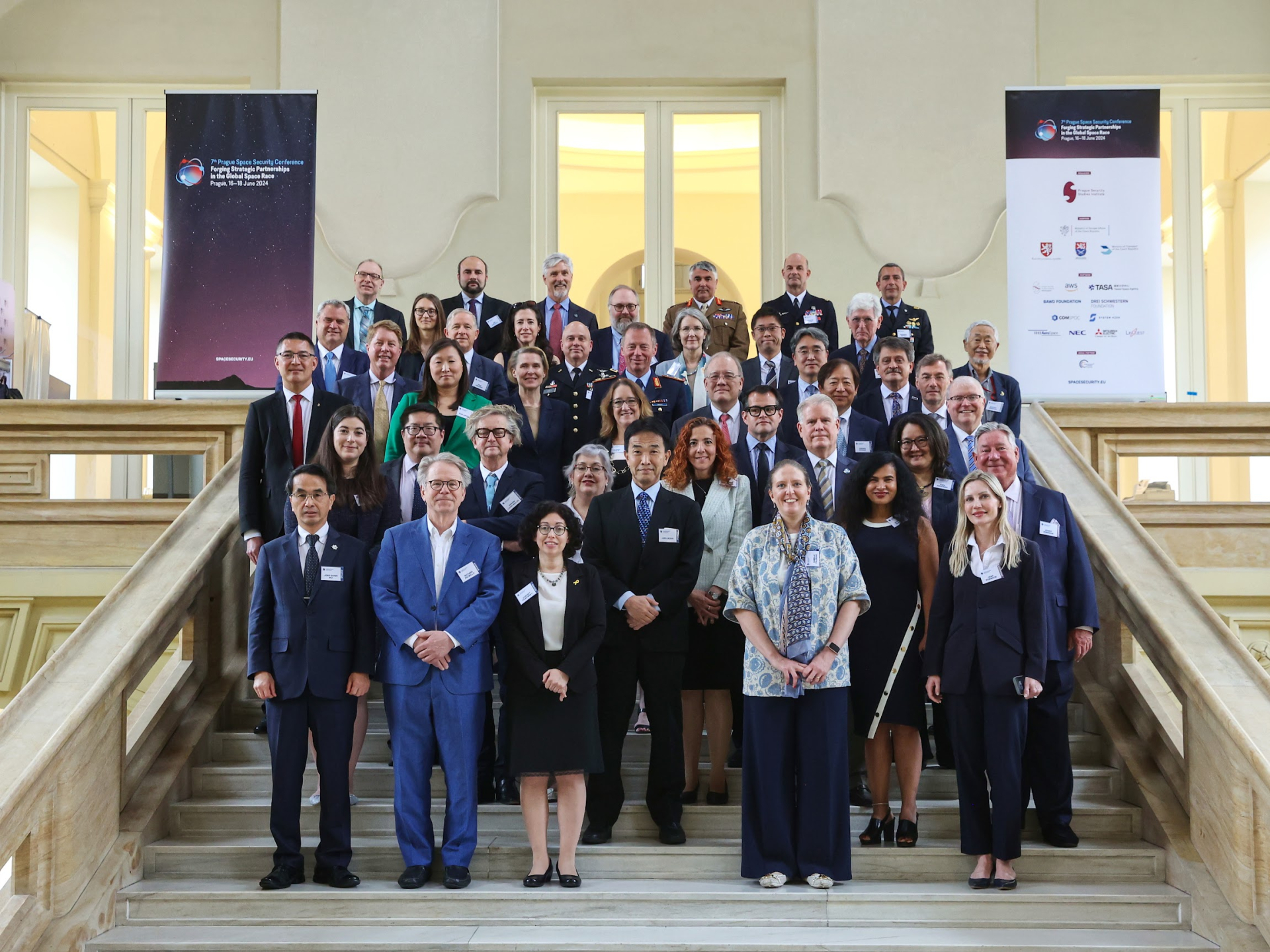
Space Security Program //PSSI/10 Jul 2024
7th Prague Space Security Conference: Forging Strategic Partnerships in the Global Space Race
PSSI held the 7th Prague Space Security Conference on June 16-18, 2024.
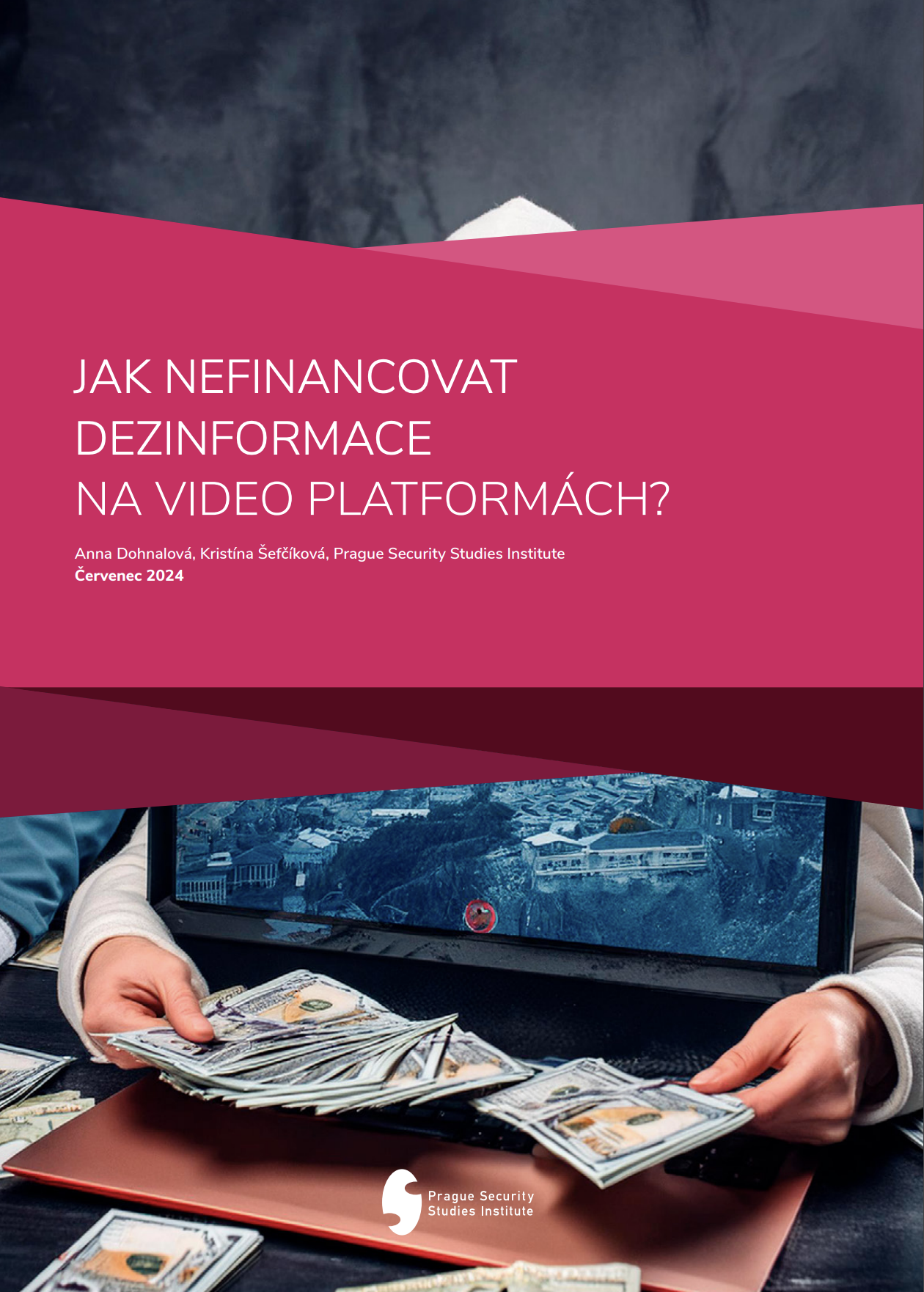
Information Resilience Program //PSSI/10 Jul 2024
Jak nefinancovat dezinformace na video platformách?
Video obsah se stává stále populárnějším zdrojem informací a jeho objem v informačním prostředí roste. Lákavost audiovizuálního obsahu si uvědomují i tvůrci problematického obsahu, včetně těch, kteří dlouhodobě a systematicky šíří dezinformace. Jejich aktivita na platformách jako YouTube roste a s tím i jejich sledovanost, která dosahuje desetitisíce až sto tisíc sledovatelů. Kromě platformy pro rozšíření dosahu jim YouTube slouží jako monetizační platforma, ať už pomocí reklam, členských poplatků nebo finančních darů.
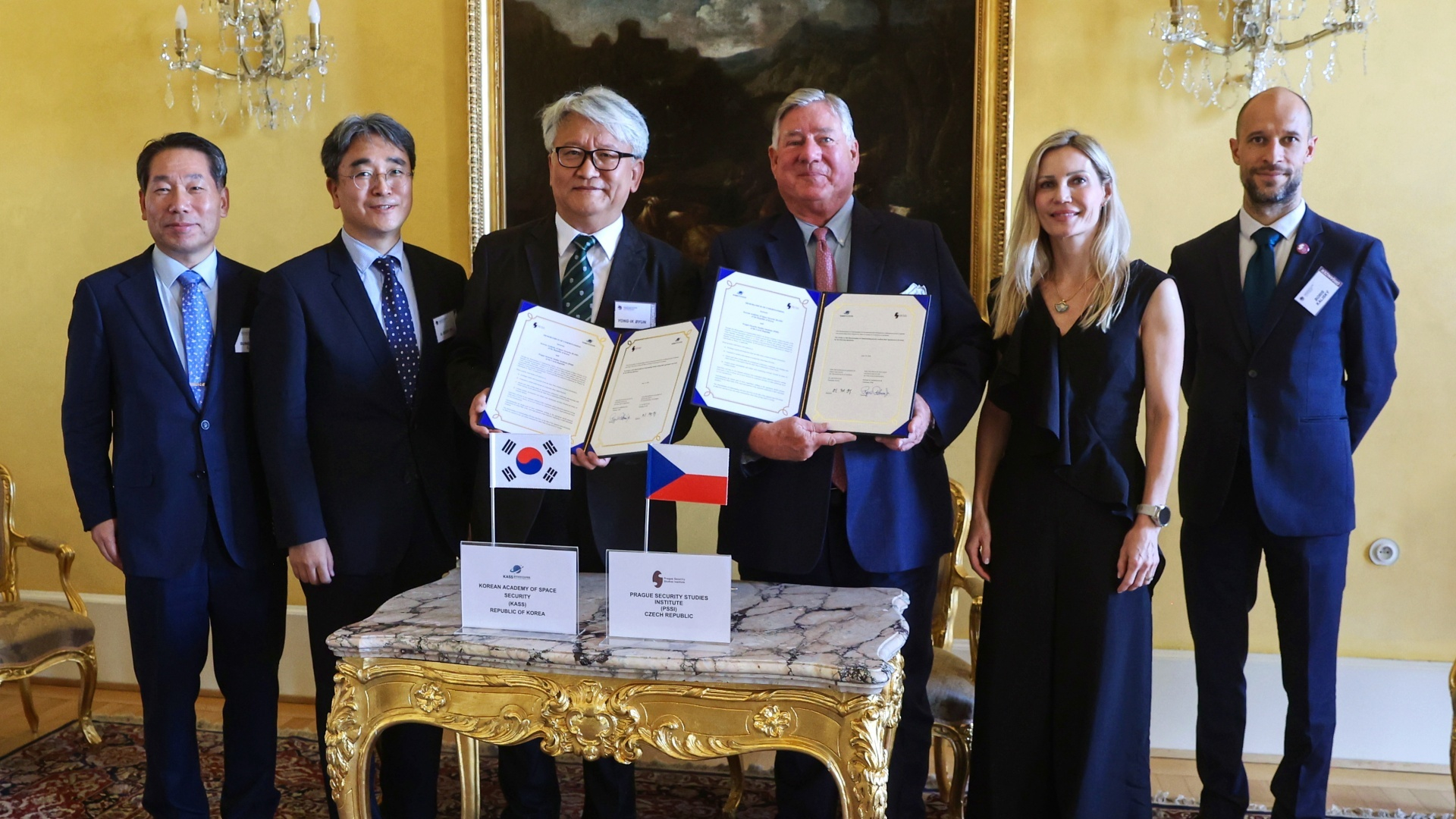
Space Security Program //PSSI/1 Jul 2024
PSSI and Korean Academy of Space Security Announce Partnership
The Prague Security Studies Institute (PSSI) and the Korean Academy of Space Security (KASS) announced on June 18, 2024, the signing of a Memorandum of Understanding (MOU) during the 7th Prague Space Security Conference, marking the beginning of collaboration aimed at enhancing global space security.

Cyber Security Academy (CSA) 2024 is an intensive one-week course organized by Prague Security Studies Institute in cooperation with the Czech National Cyber and Information Security Agency (NÚKIB).